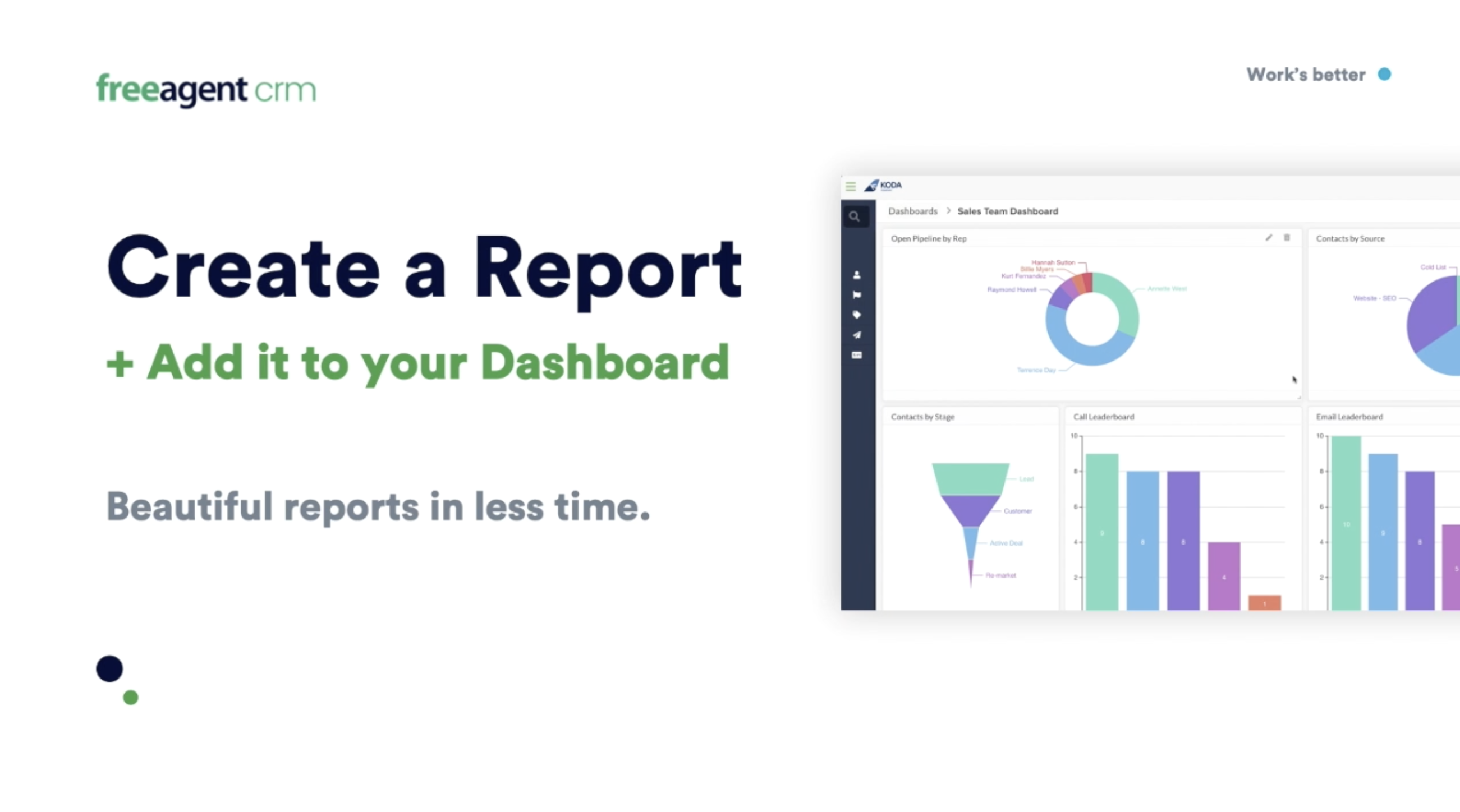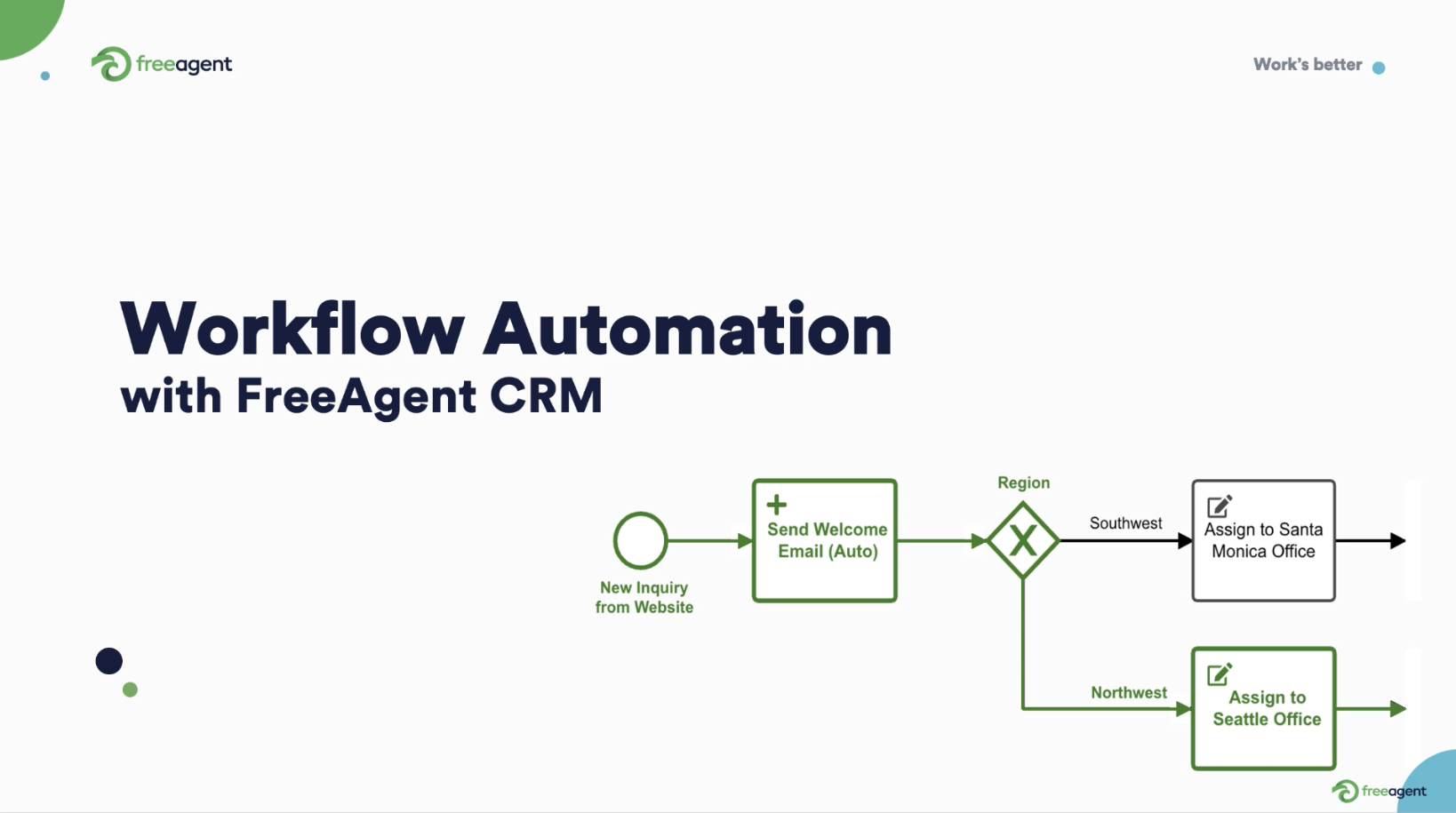The world of work is changing. Advancements in automation technology, the rise of the cloud, and social shifts in expectations around workplace culture have all led to a business landscape that looks different from what it did twenty years ago.
The pressures and challenges of the last few years have accelerated this change, and businesses are scrambling to meet customer and employee demands.
Few industries reflect this change as completely as CRM (customer relationship management).
The best CRM software tools meet the needs of this new age, and these work management platforms continue to evolve along those lines.
By examining the current trends in CRM technology, we can get a glimpse into the needs of today’s businesses and use these insights to predict where things are going.
Why is CRM so critical in today’s business landscape?
CRM has become an essential business tool in recent years. More than 90% of companies with 10+ employees use a CRM solution, and the majority of smaller businesses use one as well.
If your company isn’t using a CRM tool, you are likely at a significant disadvantage.
There are several reasons why CRM software is crucial in today’s business landscape.
- Higher employee/customer expectations: In many ways, tools like CRM are victims of their own success.
By providing the means to deliver better experiences for customers and employees alike, expectations have increased significantly.
For example, a study by SuperOffice found that the average response time to a customer email was 12+ hours.
Yet, nearly half of customers surveyed expected a response in less than four hours (12% of customers expected a response in 15 minutes or less!).
A CRM can help businesses meet the highest standards of customer service today, and set the bar for future expectations.
- Work process efficiency: CRM automation technology has greatly improved the efficiency of work processes such as sales and production.
This has allowed smaller companies and teams to compete with larger businesses with more resources.
These tools also allow businesses to codify their best practices for greater consistency and alignment, leading to higher win rates and better quality control.
- Data protection and security: The digital age has seen new concerns arise around customer data protection and security.
Compliance regulations such as GDPR result from attempts to address these concerns, but they place a strong onus on companies to control customer data accessibility.
CRMs are excellent tools for ensuring the highest levels of data compliance.
Various levels of permissions balance access needs against security needs, allowing companies to maintain stringent control without creating inefficient roadblocks.
- The rise of remote work: Remote work has been on the rise for years, largely due to cloud-based software tools (like CRM) that allow teams to collaborate from anywhere.

CRM trends in 2022 and beyond
As the demand for CRM technology continues to grow, business needs are driving a change in how these systems are designed, implemented, and used.
Let’s explore some of today’s most popular CRM trends.
- Modernity: A modern CRM platform is designed for today’s CRM user. It takes advantage of innovations made in the last 20 years to provide an intuitive, powerful, and accessible tool.
As a new generation enters the workforce, the pushback against old, clunky technology will only increase, leaving software tools from the early 2000s struggling to survive.
- Simplicity: Technology is an essential part of everything we do. This has led to a massive shift in design.
For a CRM provider, this has meant re-imagining how these platforms are managed.
For example, a modern CRM platform can be configured by the CRM user without any coding or programming knowledge required.
You can navigate these platforms with fewer clicks and customize them to meet your needs without requiring third party engineers.
This saves companies time and money and allows more team members to take ownership of these tools, driving up adoption and improving the employee experience.
- Mobility: Smartphones, tablets, and cloud-based technology have changed how and where people work.
An employee no longer needs to be at a desk to access software tools – and after two years of working from home, they know it.
These tools have also opened up new possibilities. For example, when attending an industry event, capturing information about a prospect can be done on the spot, allowing team members to action opportunities faster.
This has seen a rise in demand for a CRM solution that offers mobile applications accessible from handheld devices.
As these devices grow more powerful, expect this CRM trend to accelerate.
- Integration: The evolution of the tech stack was not a straightforward or thoughtful process.
Rather, as new tools became available, they were adopted and added to the stack with little regard for how they worked together.
Decades later, this has resulted in many companies (and industries) using a complicated collection of tools that operate independently (and often at odds) with each other.
Modern work management platforms (like CRM) are changing this.
These centralized workspaces can integrate with different software tools to transform your tech stack into a ‘tech web’ — a collection of interconnected tools that communicate with each other to create streamlined workflows and processes.
As more and more businesses focus on simplicity and collaboration, expect CRM integration to become a priority when assessing the value of any new CRM tool.

What do today’s trends tell us about tomorrow’s needs?
Evaluating market trends can tell us a lot about what the future holds. Looking at the above trends, some common themes emerge.
- Focus on the user-experience: It is no longer enough for software tools to be effective.
They must also be intuitive, simple, and efficient. The modern worker uses technology in almost every aspect of their daily lives and expectations around the user-experience have increased dramatically.
Redundant data entry, disconnected tools, poorly designed user-interfaces, and tedious workflows are no longer considered acceptable.
Any tool that fails to make work life easier will receive significant pushback.
- Work from anywhere on any device: A platform that offers a mobile CRM application that can be accessed from a tablet or smartphone becomes a competitive advantage.
According to a report by Nucleas Research, 65% of sales reps that use a mobile CRM hit their sales quotas vs. 22% of sales reps who don’t.
That same report found that half the teams who use a mobile CRM improve productivity as well.
When you consider those statistics alongside the push by employees towards remote work options, it is easy to see that cloud-based CRMs with mobile functionality are the future.

- One-size-fits-none: CRM is no longer just for your sales team — it is a work management tool that can benefit every aspect of your company.
To meet the needs of most customers, a CRM provider will need to provide tools that can be adapted, customized, and personalized to fit a wide array of business processes and individual needs.
CRM integration will continue to play a significant part in this and is already shaping the development of software tools in many industries.
Going forward, we will likely see the complicated tech stacks of years past replaced with simpler, more efficient work management platforms that can streamline any work process.
- User-enablement: Being forced to use third party engineers and support teams to optimize your CRM system costs time and money.
As more CRM providers empower users to support themselves, this once-standard practice will quickly become a memory.
Self-implementation and user-configuration are already standard for many software tools, and while CRM has lagged behind (thanks to outdated legacy systems with a dominant market share), the wheels are in motion.

FreeAgent is the future of CRM
FreeAgent CRM is designed for tomorrow’s world of work. We believe we offer the best CRM software on the market. This is because FreeAgent:
- Is modern, intuitive, and easy to use.
- Can be user-configured with a wide assortment of customizations that support any work process.
- Is cloud-based and has a mobile application that allows you to work from wherever you are, on any device.
- Is HIPAA compliant and GDPR compliant to help you maintain strict compliance standards.
Try FreeAgent CRM today, and experience the future of CRM for yourself.







